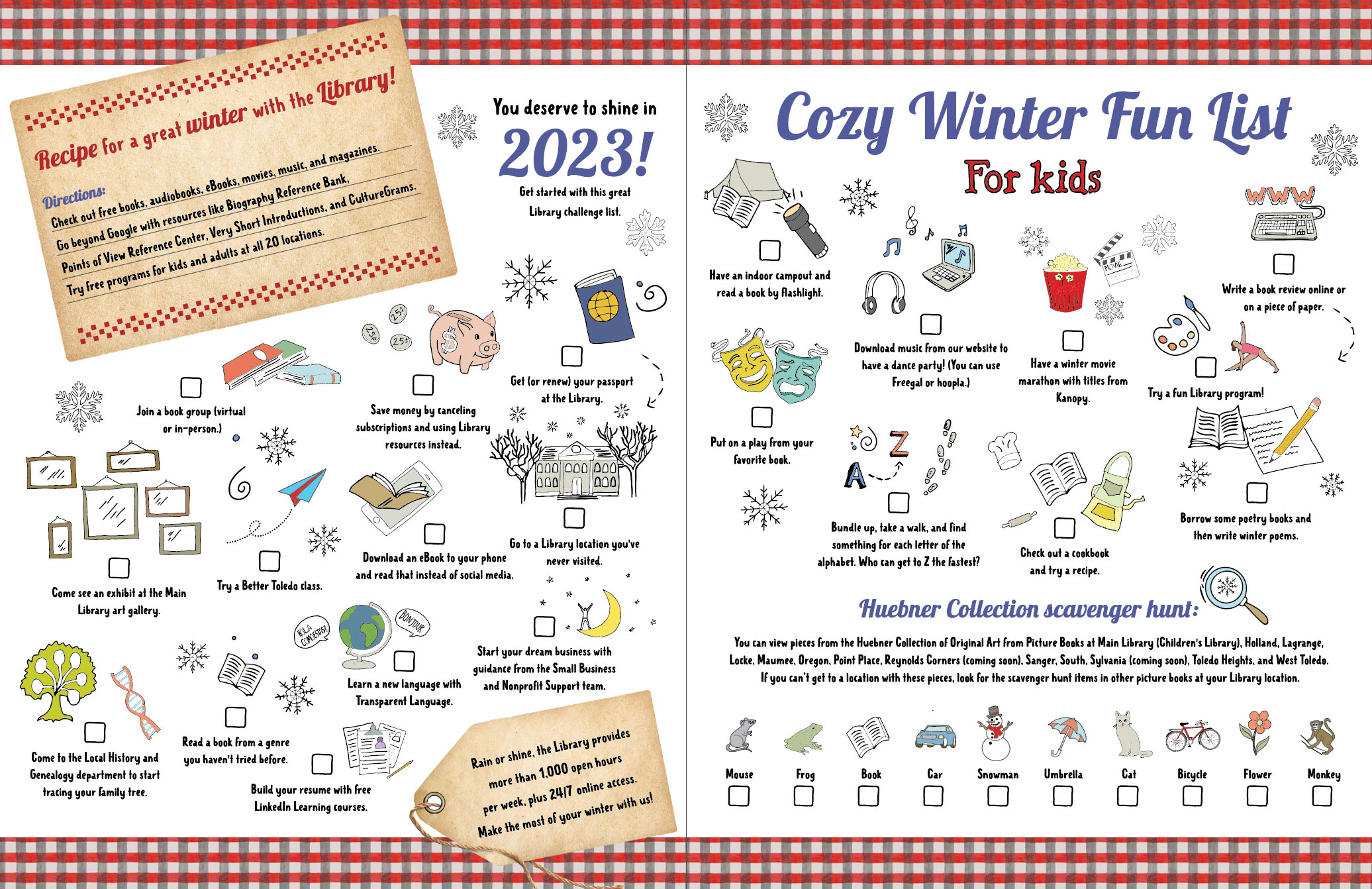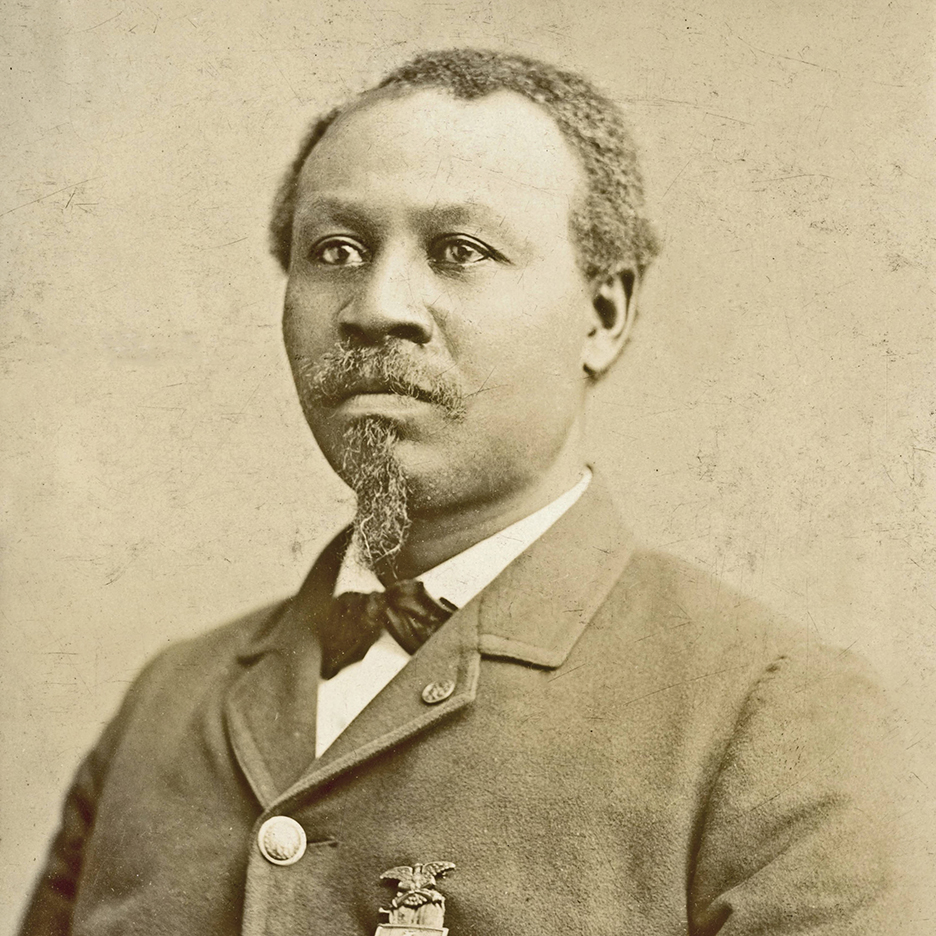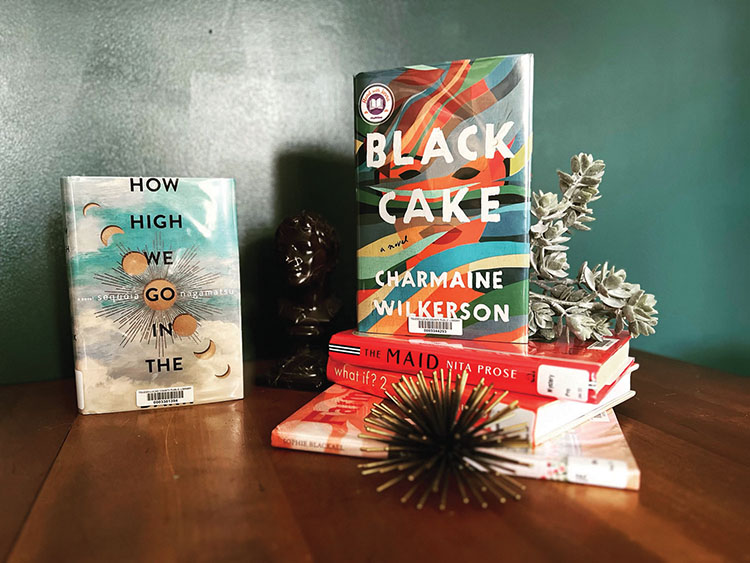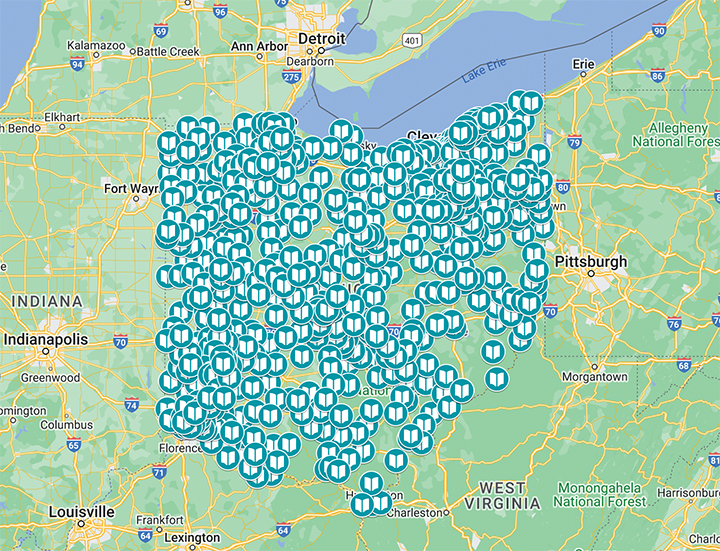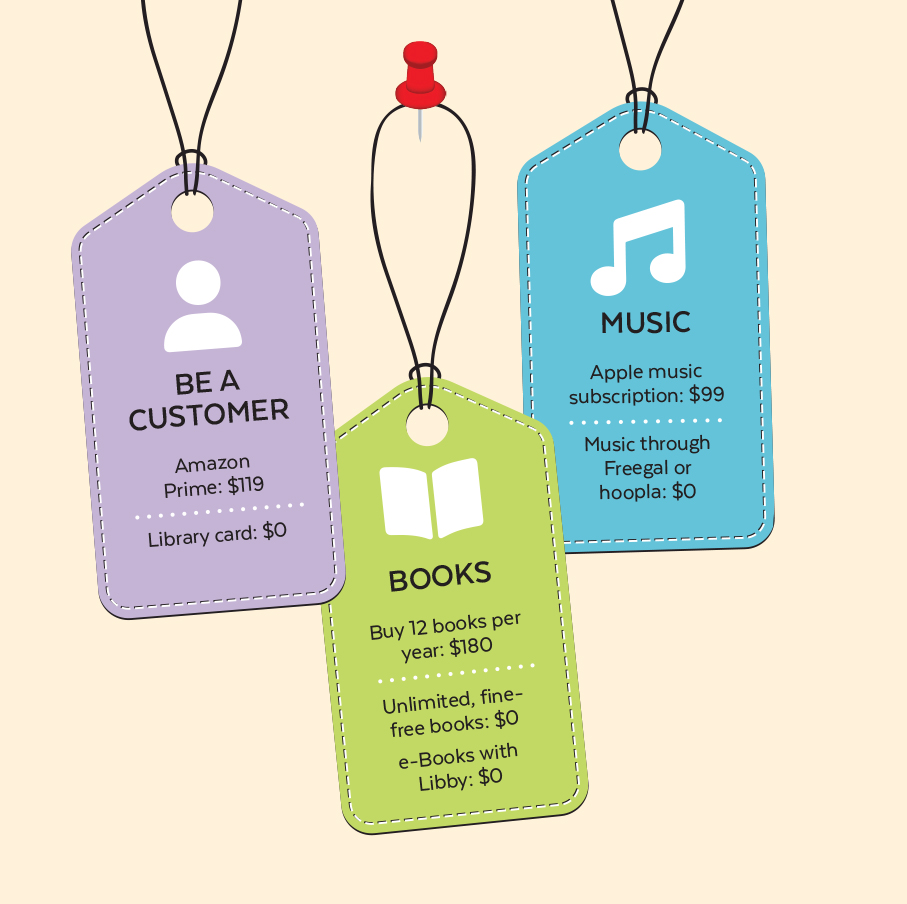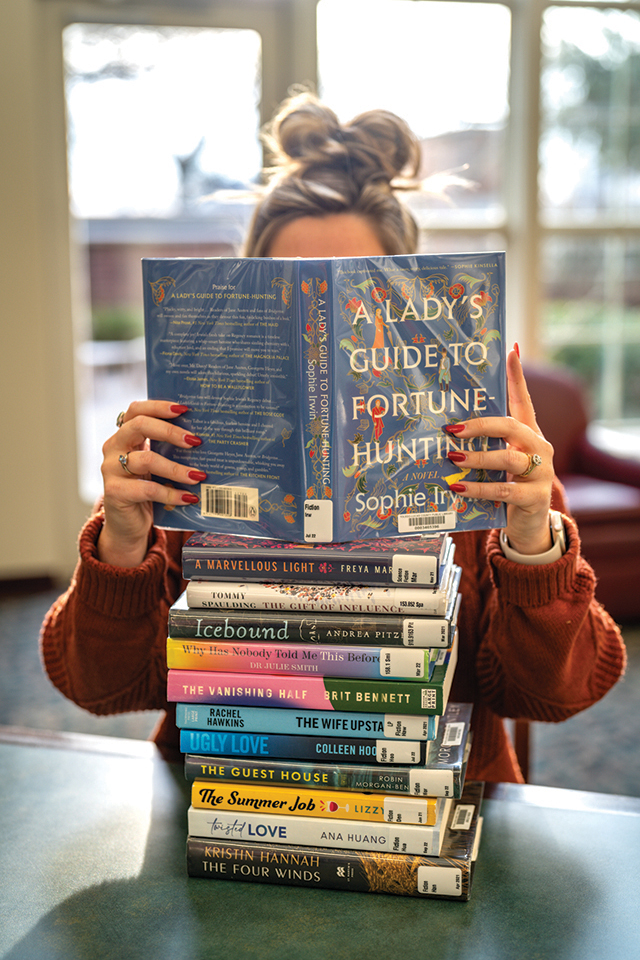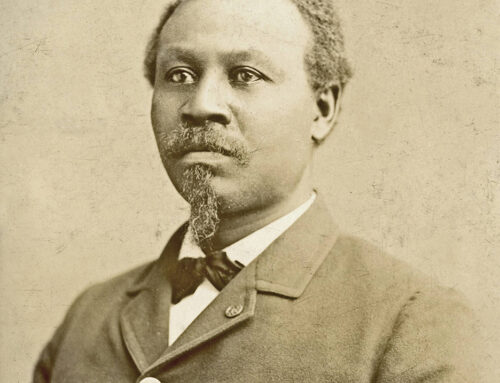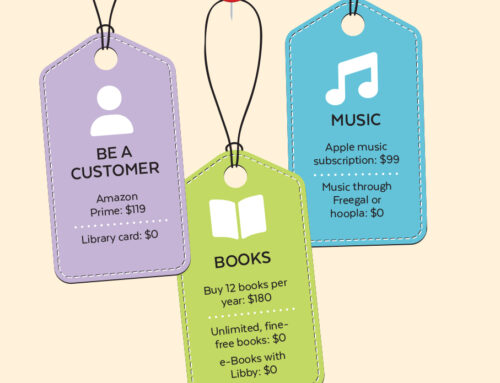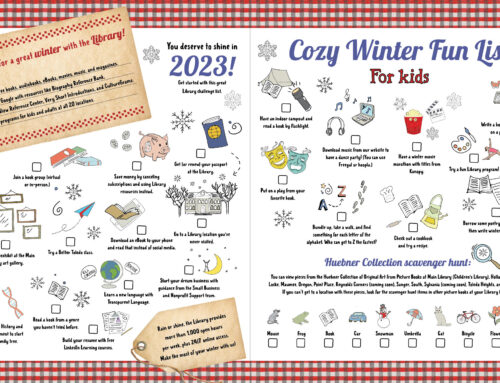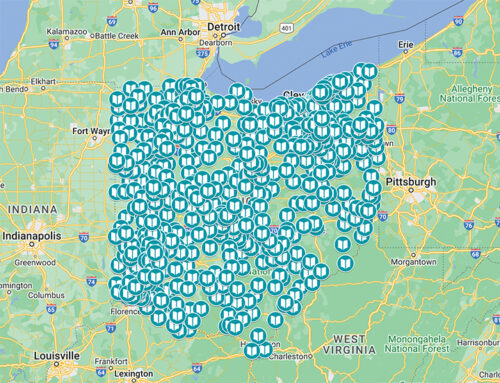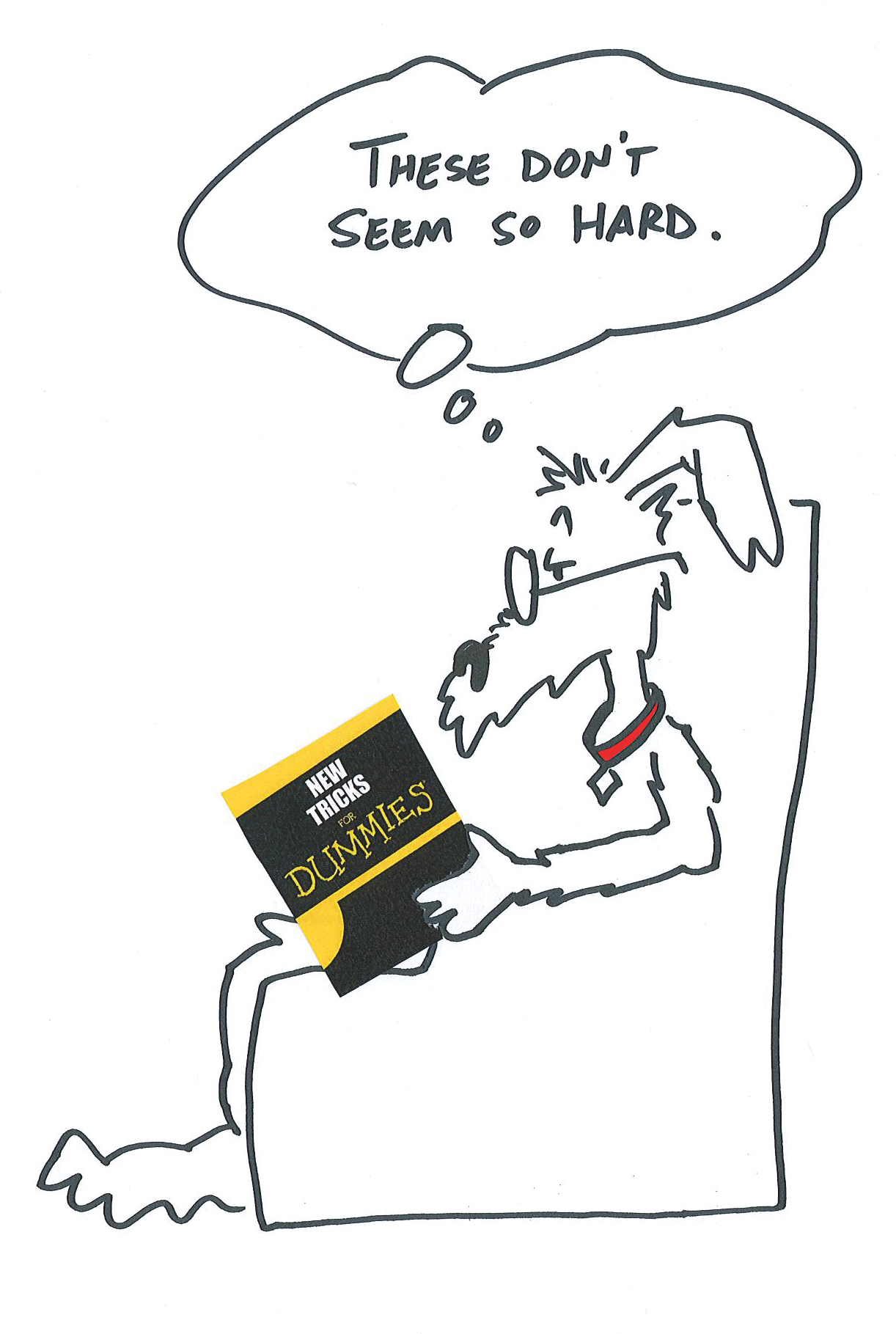
WHAT DO YOU WANT TO LEARN?
Written and Illustrated by Eric Pfeffinger, Adult Services Librarian
It was Aristotle who said, “Functioning in life is the hidden postulate of education.” And if that’s the case—if learning new things is not just a pleasure or a luxury, but a necessary condition for living in the world effectively—why do so many of us make a point of abandoning the practice of learning as soon as we leave the classroom and decide we can get away with not caring about algebra or the Louisiana Purchase anymore?
The good news is that, at a certain point in life, you don’t have to learn stuff just because your teacher, your counselor, or Aristotle thinks you should. It’s under your control. And learning’s a big thing at the Toledo Lucas County Public Library—we’ve got a whole tab about it on our website and everything. That’s why the Library offers an array of resources to pursue learning in a way that makes sense for your goals, context, and lifestyle. To get started, all you need to do is answer one question: What do you want to learn?
If you want to learn how to turn your cool idea into a business without having to go on Shark Tank:
Set up an appointment with our Small Business and Nonprofit Department specialists. They’re equipped to assess where you are in your process and talk to you about grants, donors, industry research, and business plans. They will help you build an entrepreneurial ecosystem for your project and launch a whole new chapter in your professional life.
If you want to learn about your great-grandmother’s high school yearbook picture or what the Westgate shopping center looked like in 1958:
Dig into the many resources made available by the Local History and Genealogy Department, on our website and the third floor at Main Library in downtown Toledo. Obituaries and digitized yearbooks are just the beginning. Local History offers a quarterly email newsletter, manuscript collections, rare books, and programs about topics like Researching Your House History.
There are also newspapers and government records on microfilm because, as anyone who’s ever seen a movie star play a journalist or a researcher knows, you’re really getting things done when you’re zipping through some microfilm.
If you want to become a stronger, more confident, more enlightened, or more limber person one hour at a time:
Register for some of the courses offered at the Main Library as part of Better Toledo: A Series. So far, participants in this new series have meditated, learned yoga, confronted racism, and improved their leadership skills. Register for enough of these, and you could probably polish off all your New Year’s resolutions before Memorial Day.
If you want to learn how to take your career to the next level without necessarily ever changing out of your pajamas:
Click on over to LinkedIn Learning, a digital resource that costs other folks $20 per month but is free with your Toledo Library card. Whether a vision of your future involves data visualization, video editing, accounting skills, or diversity training, LinkedIn Learning can get you there with online courses of varying lengths and complexity. It’s almost like going to school, only with no tuition bill.
Downside: no party on the quad. Upside: no party on the quad (I guess it all depends on how you feel about parties and how close you live to the quad.)
If you want to learn life-changing skills while feeling like you’re just watching some TV:
Take advantage of the Library’s subscription to hoopla, which now offers — in addition to its eBooks, movies, and music — instructional videos from the popular MasterClass series of virtual teaching, a service that, without your Library card, would otherwise cost you almost $200 annually. Learn storytelling from Neil Gaiman, yoga from Donna Farhi, or scientific thinking from Neil deGrasse Tyson. This may not be as amusing as learning yoga from Neil deGrasse Tyson, but it’s probably more useful.
If you want to learn why other people keep nodding thoughtfully at the movie while you’re all like, “I don’t get it; what’s Rosebud?”
Join the conversation at the Library’s online Film and Documentary discussion groups. From the classic art film The 400 Blows to the unflinching relevance of Driving While Black, these discussion groups are opportunities to contribute to thoughtful conversations while also learning to engage with movies in new ways.
Plus, the next time you’re watching movies with your friends, you can let something drop about how Francois Truffaut influenced Spielberg, Wes Anderson, or Adam Sandler (make something up, you’ll make it sound good!)
If you want to learn strategies for improving your life without committing a ton of time or any money:
The in-person programs at all of our Library locations are for you. It’s a pretty good trade: an hour or two of your time for a new set of life skills. One example: the Guide to Living With Crystals, presented by the Enchanted Mystic House of Intuitions at various branches in February. Another: Yoga with Sakred Self-Care throughout Library locations in March. And yet another: the Wolcott House Museum Guild’s series of lectures about Toledo history at the Maumee Branch Library every Thursday night in March.
If you want to learn how to pass that test you have coming up next week or just how to get your Excel spreadsheet to stop yelling #NULL! at you:
Get on our website and click over to the Learning Express database, which has courses and tutorials in various computer competencies from basic hardware to advanced Adobe, as well as practice tests for anyone planning to take the GED, GRE, GMAT, CDL, ASVAB, or virtually any other combination of letters you might grab out of the Scrabble box.
If you want to get back in the habit of reading because you keep saying you’re going to, and it seems like the ingredient listing on your granola bar wrapper probably doesn’t count:
We’ve got book discussion groups, both virtual and in-person. Meet new people and talk about books ranging from comics to romances, from Shonda Rhimes to Batman, from the first American Muslim woman Olympic gold medalist to something called the great stewardess rebellion. Details are available from your local branch or on the website.
And if you want to learn something you didn’t even realize you were interested in, on your own, without the direction of somebody else:
In between all of the above activities, if you have any time left, visit your nearest Library location. Wander the aisles. Pick a book, a DVD, or an audiobook off the shelf just because you like the cover’s look or the title’s sound.
Try the 900s if you like history, the 300s for personal finance, or the 800s for poetry. Or grab something off the shelves of novels or feature films because fiction has plenty to teach, too — consider the way The Da Vinci Code got readers interested in European travel, or The Queen’s Gambit got people interested in chess, or Stranger Things got people interested in Eggo waffles. Everything on a Library shelf is a gateway to something new, and some of them are precisely the thing you didn’t know you needed right now.
Learning is good. Learning is healthy. Learning is how we move forward, and ideally, it’s an ongoing process that never stops. For example: since I started writing this article, I have come to learn that it was not, in fact, Aristotle who said, “Functioning in life is the hidden postulate of education;” it was Mr. Hand from the book Fast Times at Ridgemont High.

